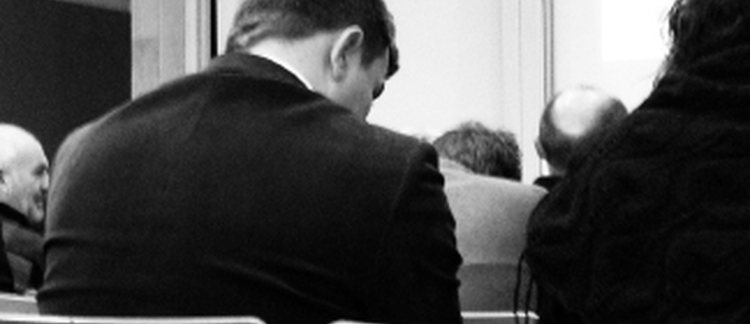Abstract
Attention has been drawn to the detrimental consequences of the ‘power asymmetries’ (Dutton, 1991) that remain commonplace within design studio. Yet, despite a growing interest in the development of pedagogies that seek to erode this phenomenon, thereby creating the basis for true dialogue, it is argued that the student voice still often remains peripheral. Within architecture education the tutor-student dynamic is critical not only to knowledge construction, but to the process by which the tastes, culture, and ethical and value systems adopted by the profession are imparted; these fundamentally determining the language and behaviour of studio, as well as the criteria for assessment of student work. Through processes of professional acculturation the student is typically uncritically socialised into the status quo (Yanar, 2007). Equally, effective knowledge construction resides in the development of a culture or code that orders the nature and language of communication and tutor-student interaction, and which engenders a realisation that theory and knowledge are things that develop through the work and the dialogue surrounding them. Thus the early stages in the learning process require careful consideration in order to establish the template for future interaction and learning, and to imbue a strong sense of student motivation. Within this context, what are the strategies that overtly respect difference? How might educational processes in design studio give greater voice to the individual on the periphery? This paper presents an experiment in which peer learning was used as a central tool for reducing the influence of power and enabling disparate perspectives to contribute meaningfully to the learning process, and the individual’s relationship to it.
How to Cite:
McClean, D. & Lamb, N. & Brown, A., (2013) “Marginal Voices: Capitalising on Difference in the Design Studio”, field 5(1), 85–100.
Downloads:
Download PDF

